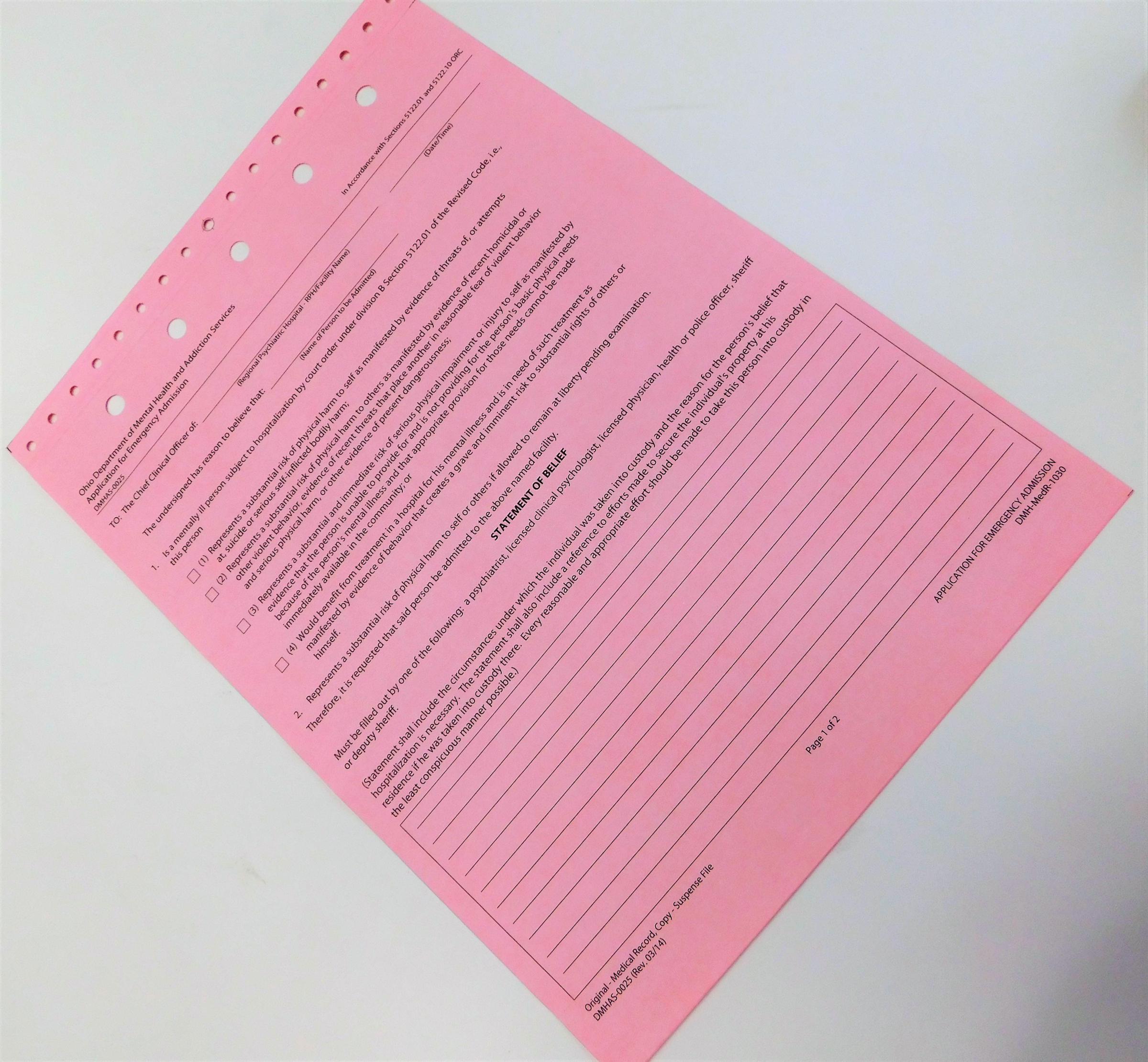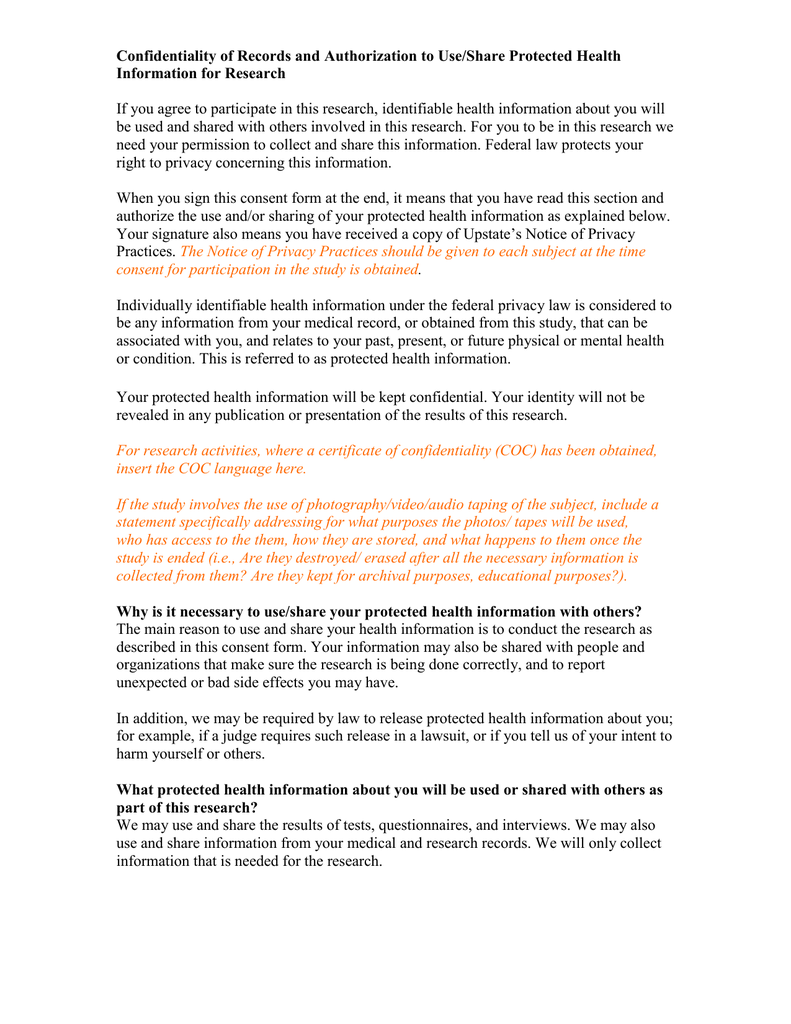Don't remain alone. Ah, homework, an obligatory exercise required by lots of teachers in high school. It is not a fun activity; generally, it mostly includes exercises to train the student for upcoming tests. A survey led by the University of Phoenix exposes that high school students have to handle a typical 17.5 hours of research per week.
And if trainees stop working to hand in research, they will get a bad grade, so they can't enable themselves to simply leave it. Whatever must be done, otherwise. Lots of think homework is bad for children, https://transformationstreatment1.blogspot.com/2020/06/addiction-treatment-delray-beach.html merely since they need time to get some rest for their establishing minds. A student got out of his seat without warning, walked towards the window, and started to sob uncontrollably. Henderson approached the trainee, who quietly told her that the previous night he had actually negotiated with the devil, however wanted he had not. "I slipped up. Provide me my soul back!" he screamed.
Relatively reassured, he quietly returned to his seat. This wasn't the very first time Henderson had actually managed a situation with a trainee whose habits demonstratrated a psychological health concern. However this specific event made her realize that the patchwork of resources offered to educators in her school and district that were created to help trainees who may be grappling with mental disease wasalthough marginally usefulinadequate.
Ultimately, she established a workshop tailored toward teachers who were searching for basic details, suggestions, and strategies on ways to create a better knowing environment for students who have a psychological health problem. Henderson performed the workshop at expert development https://vimeo.com/432262901 conferences sponsored by the Virginia Education Association. The workshop just "scratches the surface," Henderson states, however the teachers at her discussions were always grateful for the details.
Although teachers can be exceptionally reliable in recognizing warnings in student interactions and habits, states Theresa Nguyen, vice president of policy and programs at Mental Health America, "our instructors are currently pressed to the max." "It's best that they be seen as partnerswith parents, the administration, the communityin helping trainees with mental health challenges," Nguyen states.
public education system just isn't addressing student mental health in a comprehensive method. The magnitude of the problem can not be overstated. A minimum of 10 million students, ages 1318, require some sort of professional assist with a psychological health condition. Anxiety, anxiety, attention-deficit hyperactivity disorder (ADHD), and bipolar condition are the most typical mental health diagnoses among children and teenagers.
The Child Mind Institute reports that half of all mental disorder happens prior to the age of 14, and 75 percent by the age of 24highlighting the urgent need to create systemic methods to the issue. "One in 5 trainees in this nation need treatment," says Dr. David Anderson, senior director of the Institute's ADHD and Habits Disorders Center.
The Of How Does Rain In Seattle Affect Mental Health?
Interest amongst legislators, nevertheless, is a fairly new trend, sparked primarily by the wave of mass shootings. There is also a growing awareness of the stress and stress and anxiety grasping so numerous teenagers, the role of trauma in their lives, overdue analysis over punitive school discipline policies, and the destructive results of poverty.

" The general public's natural reaction is to state we require more psychological health services and programs, and we do," Reamy adds (who does mental health affect). However much of the nationwide discussion has been inherently reactive, focusing on "crisis reaction" to school shootings in particularrather than a systematic technique to assisting trainees with their mental health requirements.
" The research study is really clear that when a school has a system-based, evidence-based, whole school technique, all students are more engaged academically," says Anderson. Such programs differ however they normally provide substantive professional development for personnel, workshops, resources, and have social and emotional knowing proficiencies integrated into the curriculum. According to a 2014 research study by the Center for Health and Healthcare in Schools, students who receive positive behavioral health interventions see improvements on a variety of behaviors connected to scholastic achievement, beyond letter grades or test ratings.
In spite of the apparent return on investment, detailed mental health programs are still only spread throughout the country. Lots of resource-starved districts have cutor never had on staffcritical positions, namely school psychologists, undermining their schools' capability and capability to appropriately attend to these obstacles. While districts may look at employing more school counselors to fill gaps, Kathy Reamy warns that their role is typically misinterpreted.
However real improvement to school mental health programs does not and should not end with hiring more counselors. "The services they offer are normally responsive and short treatment in nature," describes Reamy. "The misconception of the function of the counselor frequently either avoids students from concerning us at all or they come anticipating long-lasting therapy, which we simply do not have the time to offer." The stigma around psychological health is another challenge to getting more services in schools.
We're seeing development that hopefully will continue. We can't wait up until a student is at a crisis state. Like diabetes or cancer, you ought to never ever wait till stage 4 to step in." - Theresa Nguyen, Mental Health America Still, more students are requesting assistance from their school. "We're discovering that youths are more eager to speak about these problems, says Nguyen.
As crucial as the task is, lots of see it as another person's job (who does mental health affect). The change in perspective is a formidable culture shift for numerous neighborhoods. "What makes it a little harder is the need to alter how we see studentsspecifically, believing less about a trainees' belligerent behavior, for example, and more about the reasons for that behavior," states Joe O'Callaghan, the head of Stamford Public Schools social work department in Connecticut.
3 Easy Facts About How Does Sleep Affect Mental Health? Described

" You need to ensure the entire school knows how to support these kids," O'Callaghan states. "Often what occurs is a trainee will feel a great deal of assistance and encouragement from a social employee. However then they'll go back into the school and might not get the very same understanding from the instructor, the principal, the guard, whomever.